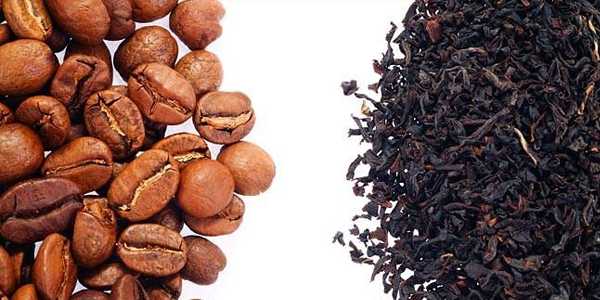Researchers from the Johns Hopkins Kimmel Cancer Center conducted an investigation in an attempt to determine whether a person’s diet could impact DNA material in such a way that it promotes cancer, and found that there are a number of chemicals in foods and drinks which could increase the risk of disease.
Scientists who specialise in food technology and cancer biology worked together in order to determine whether different flavourings had a detrimental impact on the genome, motivating changes which can promote abnormal rates of multiplication.
p53 is a tumour-suppressing protein which is released by the body in an effort to prevent potentially dangerous mutations. High levels of this in the blood therefore indicate the presence of harmful alterations in the genetic code.
After working with US Department of Agriculture to gather appropriate samples for testing, the researchers analysed p53 production in human cells that had been grown in laboratory dishes following exposure to a number of different foods and flavourings.
In order to accurately monitor the manufacturing levels, researchers used a method devised by Dr Scott Kern, Kovler Professor of Oncology and Pathology at the Johns Hopkins University School of Medicine. His technique utilises a compound which glows in reaction to p53 activation.
They found marked increases in presence of the cancer-fighting protein were apparent when the cells were exposed to black and green teas and coffee. Strongest reactions were in response to pyrogallol and gallic acid – which is also found in the caffeinated beverages.
According to the UK Tea Council, British people consume 165 million cups of tea and 70 million coffees each day. This high intake could therefore be impacting cancer rates in a marked way.
However, the academics believe that methods could be devised to remove the potentially cancer-causing components from the drinks. This may therefore be a major focus for researchers going forward.
Dr Kern said: “It’s clear that plants contain many compounds that are meant to deter humans and animals from eating them, like cellulose in stems and bitter-tasting tannins in leaves and beans we use to make teas and coffees, and their impact needs to be assessed.”
Source: Fisher Scietifici – Science Blog
















